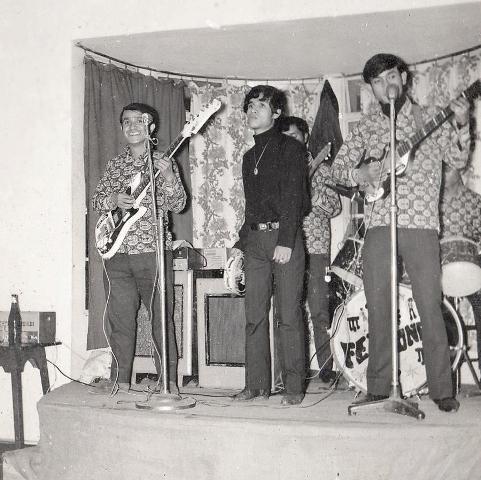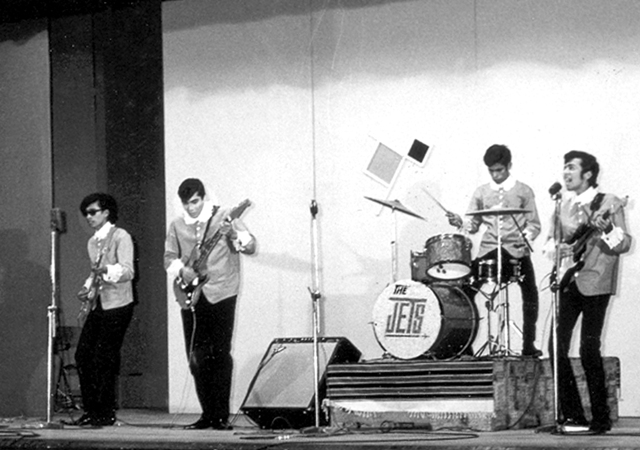The first two episodes focus on the rise and decline of jazz, the advent of rock n’ roll, Beatlemania and the flourishing of Indian beat groups. These events have been well chronicled by various authors in the past. However, most books on the subject stops at the 1970s, which saw a bit of a lull in India’s rock scene because of factors such as the Emergency and the dominance of disco. Standing By, however, stops at the present day, according to Ravi.
Many milestones
The series marks significant milestones such as Simla Beat Contest and festivals such as Mumbai’s Independence Rock, Delhi’s Great Indian Rock and Bangalore’s Freedom Jam. Ravi also captures subplots such as Shillong, where blues and subsequently metal have ruled the stage, and the advent of Bangla rock in Kolkata. Also getting screen time is the role of magazines such as Junior Statesman and Rock Street Journal, channels such as MTV and websites such as Gigpad, whose forum section saw “trolling before trolling was thing”.
There are plenty of anecdotes too. Jazz pianist Louiz Banks recalls when RD Burman sought his help for a soundtrack, but Banks hadn’t a clue about the legendary music director.

The Fentones from Shillong.
Then there’s the story of how Shillong band The Fentones made up for the shortage of instruments by inventing the tea chest bass – a kettle that would replicate the sound of a bass guitar.
Another interesting anecdote features Roger Drego, who introduced high quality sound setups to rock shows. Drego would often find his name printed in larger font than those of the bands.
Making compromises
Ravi, co-founder of NH7 which organises the Weekender music festivals, said that while archival material and footage to support the interviews was easy to find, securing the rights to use them was a challenge.
“Publications sought Rs 50,000 for articles that might be on the screen for a couple of seconds,” he said. The licencing budget significantly shot up because of these demands.

The Jets.
As a result, certain compromises had to be made. You won’t be able to see The Police’s 1980 performance at Rang Bhavan. However, you can read about the concert on the accompanying website, where supplementary photographs and the stories behind them will be posted after each episode. In addition, there will also be some footage edited out of the episodes.
Bright future
The fifth instalment will devote time to Zero, Mumbai’s pop-rock band that attracted Ravi to the indie scene. The documentary’s name is drawn from Zero’s most famous song, PSP 12.

Human Bondage.
The title is also a reference to Ravi’s belief that the indie music scene is only going to get stronger. “I think we are going to get to a point where, even though we have this corporate boom (in the form of brand sponsorships), our reliance on it will become subside.” he said. “The scope is getting bigger and better especially in smaller cities. I remember going to judge a band competition in IIT Jodhpur and seeing a goth metal band”
Standing By will be released on redbull.in in six episodes, each of which will published every Wednesday from October 14 to November 18.
This piece was originally published on The Daily Pao.










